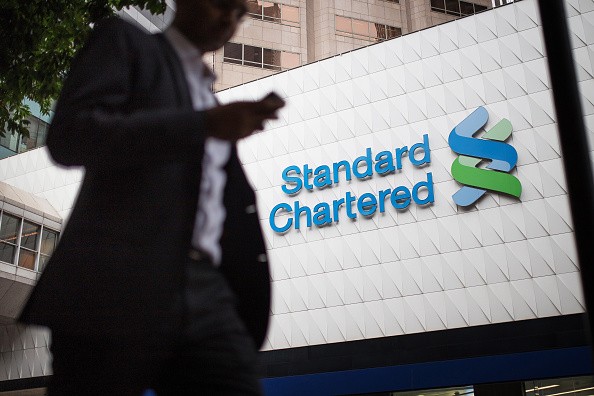On Monday, Standard Chartered Plc said that it has more to invest in China this year, focused on digital banking, wealth management and its renminbi business. The company also seeks to build up ties with China by participating in the Belt and Road Initiative.
According to Jose Vinals, chairman of the company, China is a crucial market for the bank. About 40 percent of the group’s income comes from the country and the northern Asian region.
Vinals is hopeful about long-term economic possibilities in China. The country remains a strategically important and a top priority market for the London-based international banking and financial services company.
Standard Chartered moves forward with its transformation through the clearing of bad assets, reducing costs and strengthening risk discipline.
Last year, the group received $409 million in pre-tax profit, turning around from a $1.5 billion loss in 2015.
Vinal said his company would persist to wager on the further opening up of the Chinese financial system, the greater role of the renminbi in the global markets and domestic structural reforms focusing on quality and efficiency.
"I am very positive on the Chinese economy and aiming at around 6.5 percent growth target for 2017 is very wise," Vinals said in an interview with China Daily on the sidelines of the China Development Forum.
Financial risks in China are manageable and must be continuously managed, Vinals said. It is also vital for the country to slow down the leveraging and to ensure its corporate sector is reformed, particularly the state-owned enterprises.
"The important thing is to support growth of the right policy mix, the right structural reforms and also try to diminish excessive growth of credit, particularly credit growth from the shadow banking system, which is the big source of risk," the bank executive said.
Standards Chartered was vigorously searching for opportunities to partner with the Chinese government and companies along the Belt and Road Initiative, Vinals added.
In the previous year, the company took part in 40 deals related to the OBOR Initiative and helped China in developing water power plants in Pakistan and Bangladesh.
"This is the most important single initiative that exists to support globalization, and it is fostering cross-border integration in terms of infrastructure, cross-border investment and international trade," Vinals said.
The presence of the bank in the countries and regions under the OBOR Initiative, as well as the company’s understanding of the local markets and the legal environment, could aid in mitigating risks in the OBOR projects.
Standard Chartered, with more to invest in China, could help in the country’s goal to boost the economy.



























